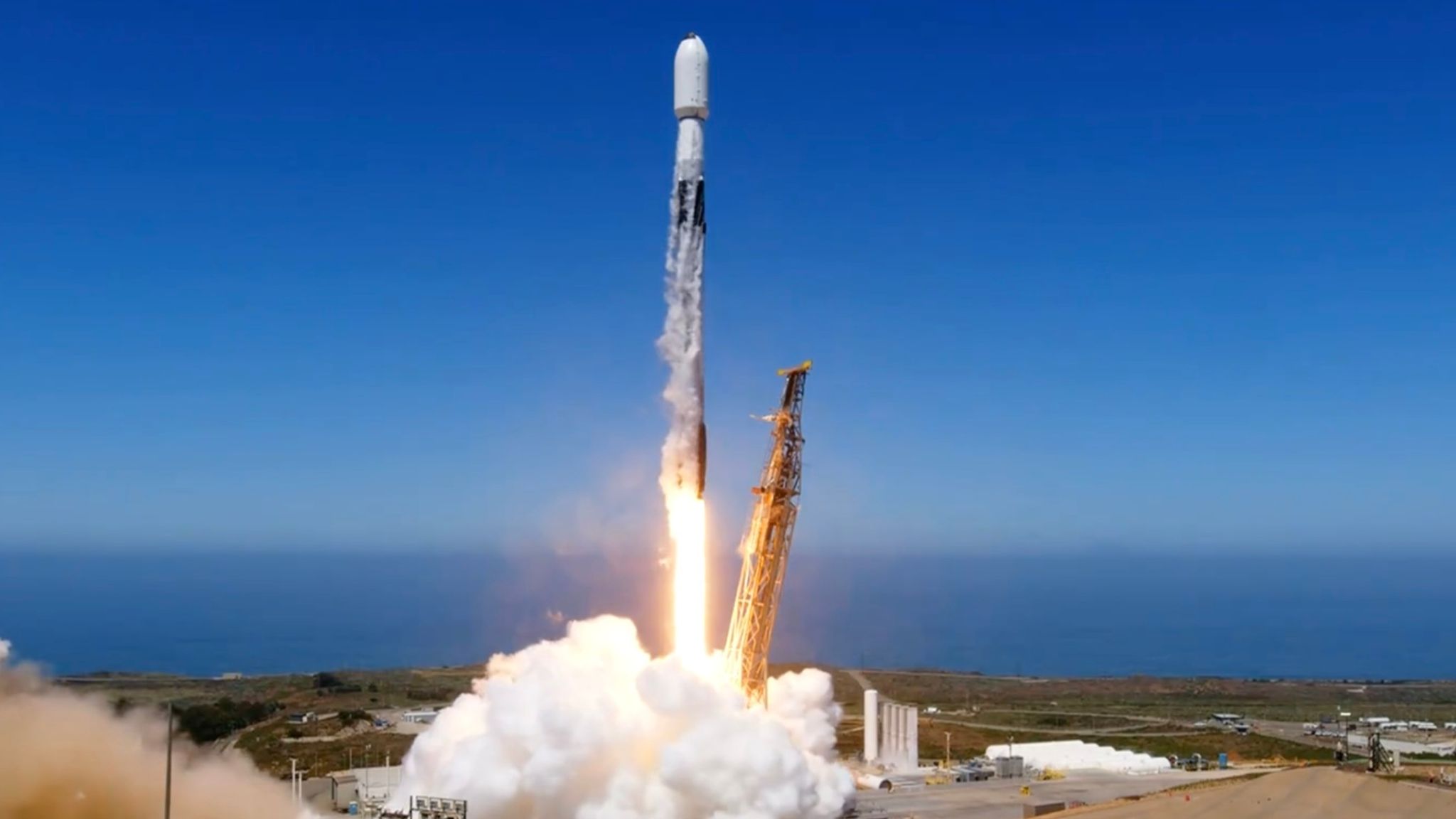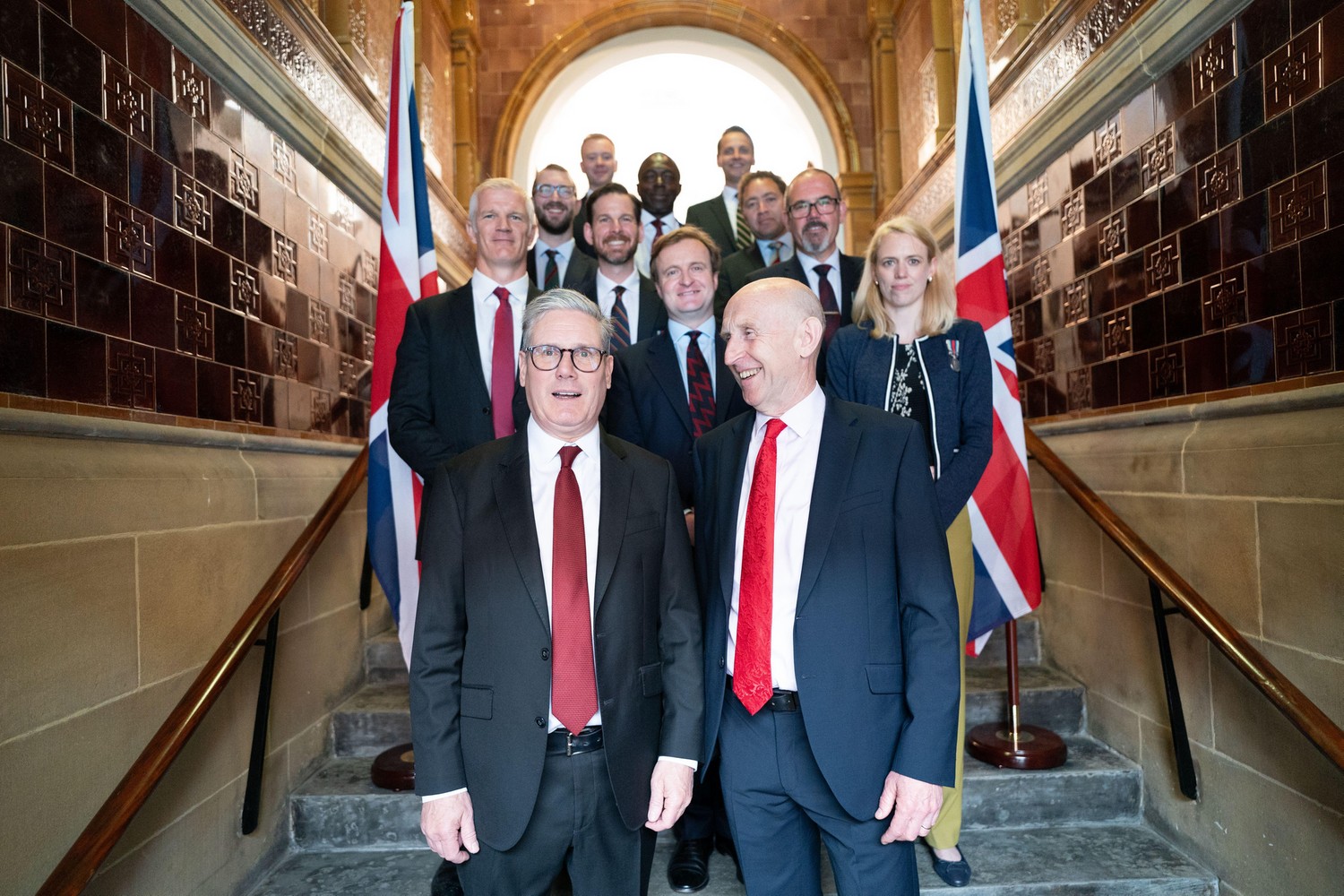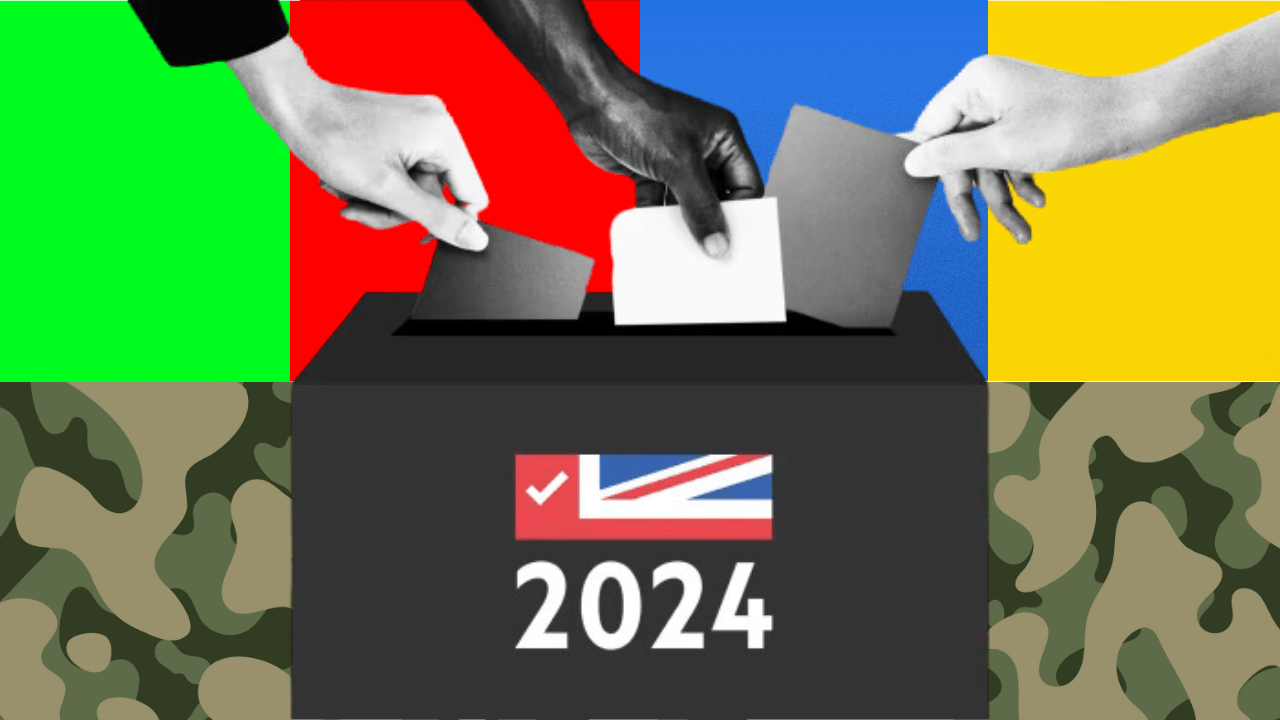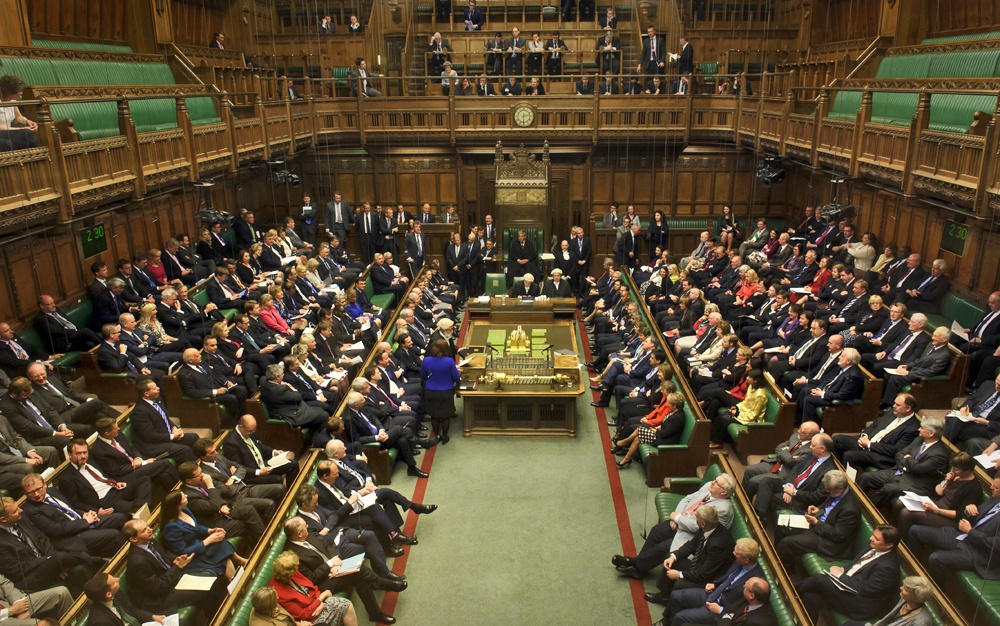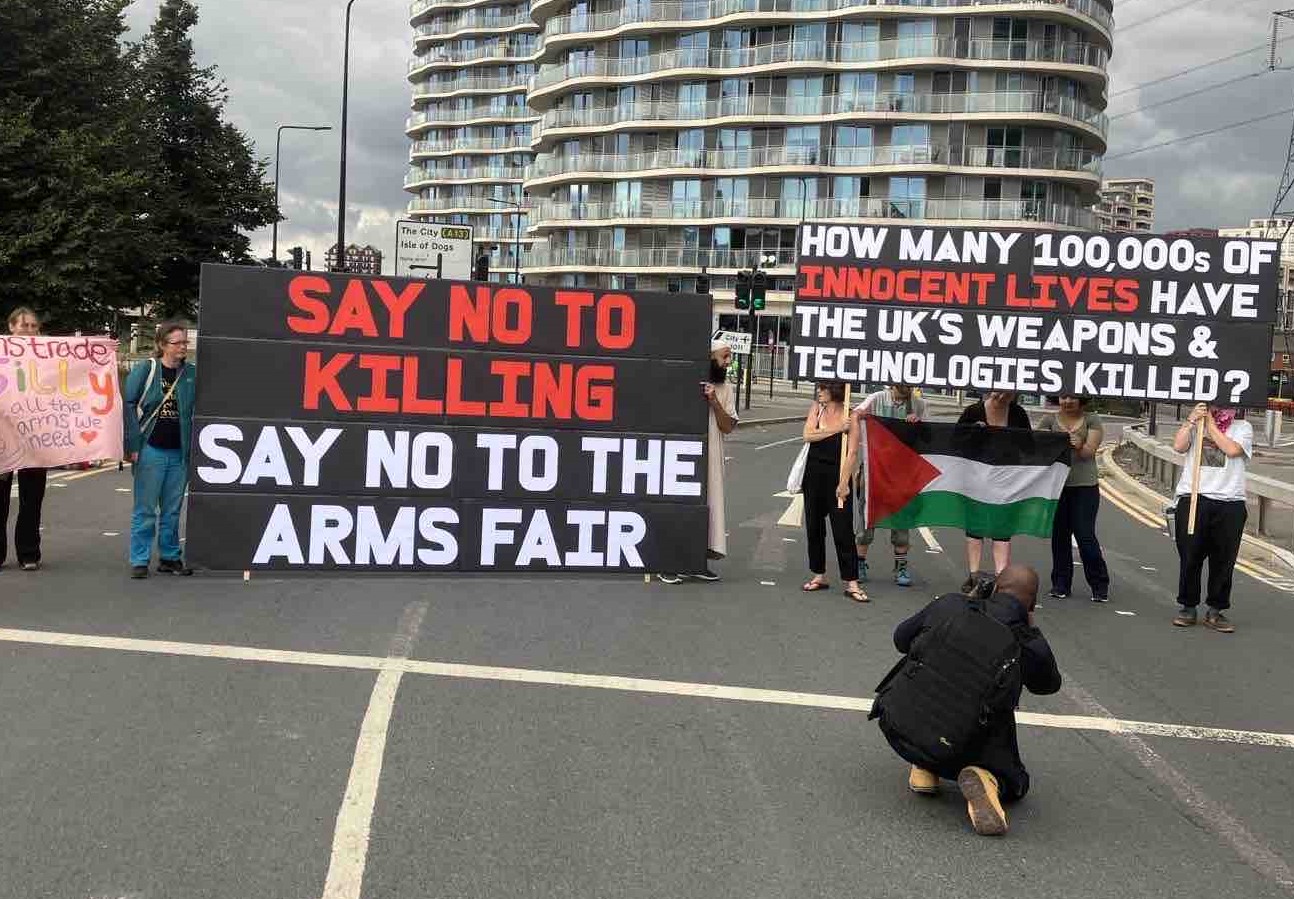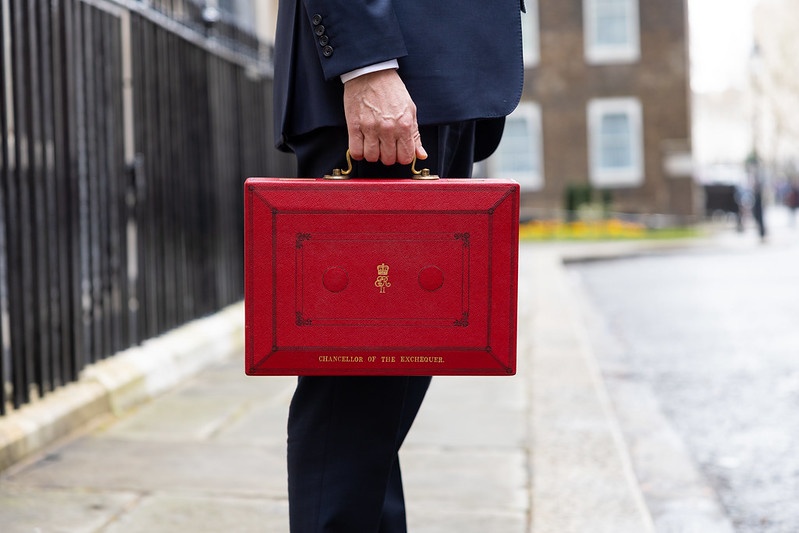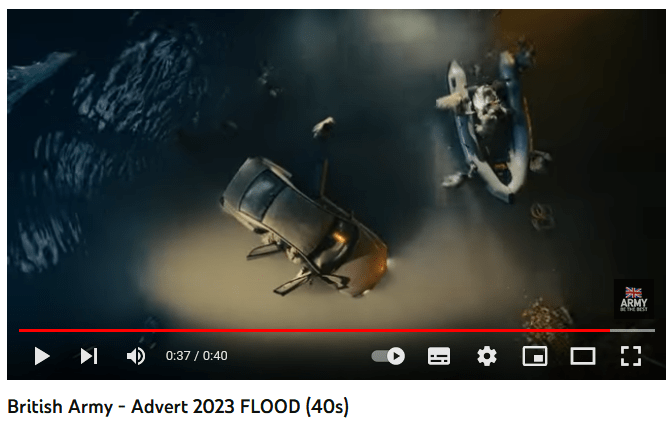Dark Matter: The UK military ventures into space
In August this year, the Ministry of Defence launched its first ever spy satellite into orbit from Elon Musk’s SpaceX Falcon 9 rocket lift-off in California. Named after the Greek goddess of fortune, ‘Tyche’ is an earth-imaging satellite capable of capturing objects larger than one metre from its position in lower-earth orbit (roughly 5,000km into space).
Tyche will provide the UK armed forces with high-speed ISR (Intelligence, Surveillance and Reconnaissance) data, and is the first of the MoD’s ISTARI project, which intends to launch an entire constellation of ISR satellites over the next ten years. Tyche’s inauguration was celebrated as a symbolic moment for British defence, marking ‘the end of the beginning for the UK space command’.
Galactic Britain
Although the UK’s space programme started in 1952, it remained a relatively small player in the domain compared to other states like the US, China, Russia, India, France and Japan. However, in the past five years, British defence in space has taken off exponentially.
‘As our adversaries advance their space capabilities, it is vital we invest in space to ensure we maintain a battle-winning advantage across this fast-evolving operational domain.’
The Conservative party turned its attention to space during the 2019 election campaign after NATO declared space, alongside cyber, an official ‘operational domain’.… Read more

